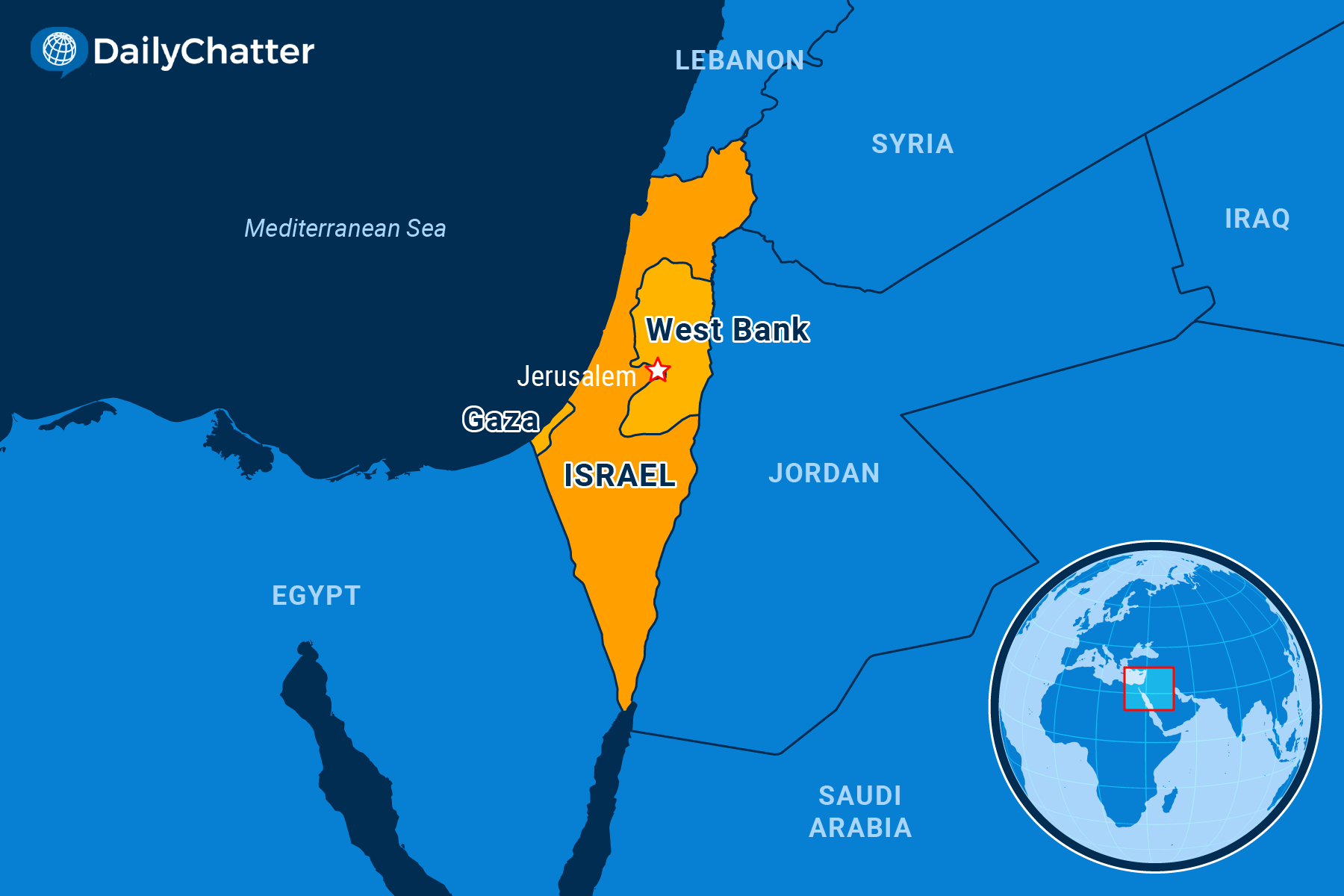The Prodigal Leader

Benjamin Netanyahu became prime minister of Israel again in late December, his sixth time in the job. His coalition, widely described as the country’s most hardline and right-wing government ever, contains a self-described “anti-Arab” party and is quickly moving to secure a far-right agenda, wrote the Jewish Telegraphic Agency.
As the BBC explained, Netanyahu and his coalition reject the so-called two-state solution that would create an independent Palestinian state next to Israel in the West Bank, with the two sharing Jerusalem as their capital. Instead, they would have Israel annex the West Bank so Israelis can more easily settle on Palestinian-claimed land.
The changes are already rocking the region. After National Security Minister Itamar Ben-Gvir visited the “flashpoint” Temple Mount, a holy space for Jews and Arabs, wrote Middle East Eye, China and the United Arab Emirates called for the United Nations Security Council to discuss the matter.
Measures proposed by the coalition include ending a ban on racist politicians in parliament, restricting the right of return for Jews, mandating the death penalty for terrorists, boosting funding for religious students, reforming the judicial system for their ends and other ideas, according to the Times of Israel.
Other coalition members advocate for the imposition of ultra-orthodox interpretations of Judaism within Israel and, in the West Bank, the transfer of legal jurisdiction of Israeli settlers to civilian courts rather than the military bodies that currently adjudicate their claims. They say such a move is necessary to guarantee equal protection for those Israelis. However, the Guardian wrote that this approach would “place (Israeli) settlers and Palestinians under entirely different systems and strengthen charges that Israel is running an apartheid regime.”
Regardless, the rise of these politicians is a sign of the growing power of the Religious Zionist movement in the country, Al Jazeera reported.
Critics say Netanyahu is working with these hardliners because his legal troubles have scared away other lawmakers who otherwise might have joined his coalition, the New York Times reported. The prime minister is under criminal indictment and faces corruption charges.
Supporters, meanwhile, say the new coalition is reflecting the will of voters, pointing to the high turnout in the elections.
Some analysts said that the image of the new government is problematic abroad, especially in the United States and among the diaspora there – but at the same time, at home. “Israel’s public diplomacy has always been weak and never matched the challenges that Israel faces in the court of world public opinion,” Eytan Gilboa, a professor specializing in public diplomacy at Bar-Ilan University in Israel and senior research fellow at the Jerusalem Institute for Strategy and Security, told the Jerusalem Post. “Now, it’ll be more difficult because of the emerging image of the new government … It doesn’t matter who the people are – the image is already of an extreme rightist government.”
The repercussions could be swift, said author Jonathan Cook writing in Middle East Eye, adding that the sharp rightward tilt of Israel’s government could stir up anger that could lead to more violence.
And as Haaretz added, discussions between Israeli and Palestinian factions in the Gaza Strip and West Bank – two regions run by different Palestinian leaders – involving the return of bodies are an example of the kind of sensitive questions that right-wing leaders might not handle delicately, for example.
It could be a long new year in the Middle East.

Subscribe today and GlobalPost will be in your inbox the next weekday morning
Join us today and pay only $32.95 for an annual subscription, or less than $3 a month for our unique insights into crucial developments on the world stage. It’s by far the best investment you can make to expand your knowledge of the world.
And you get a free two-week trial with no obligation to continue.
